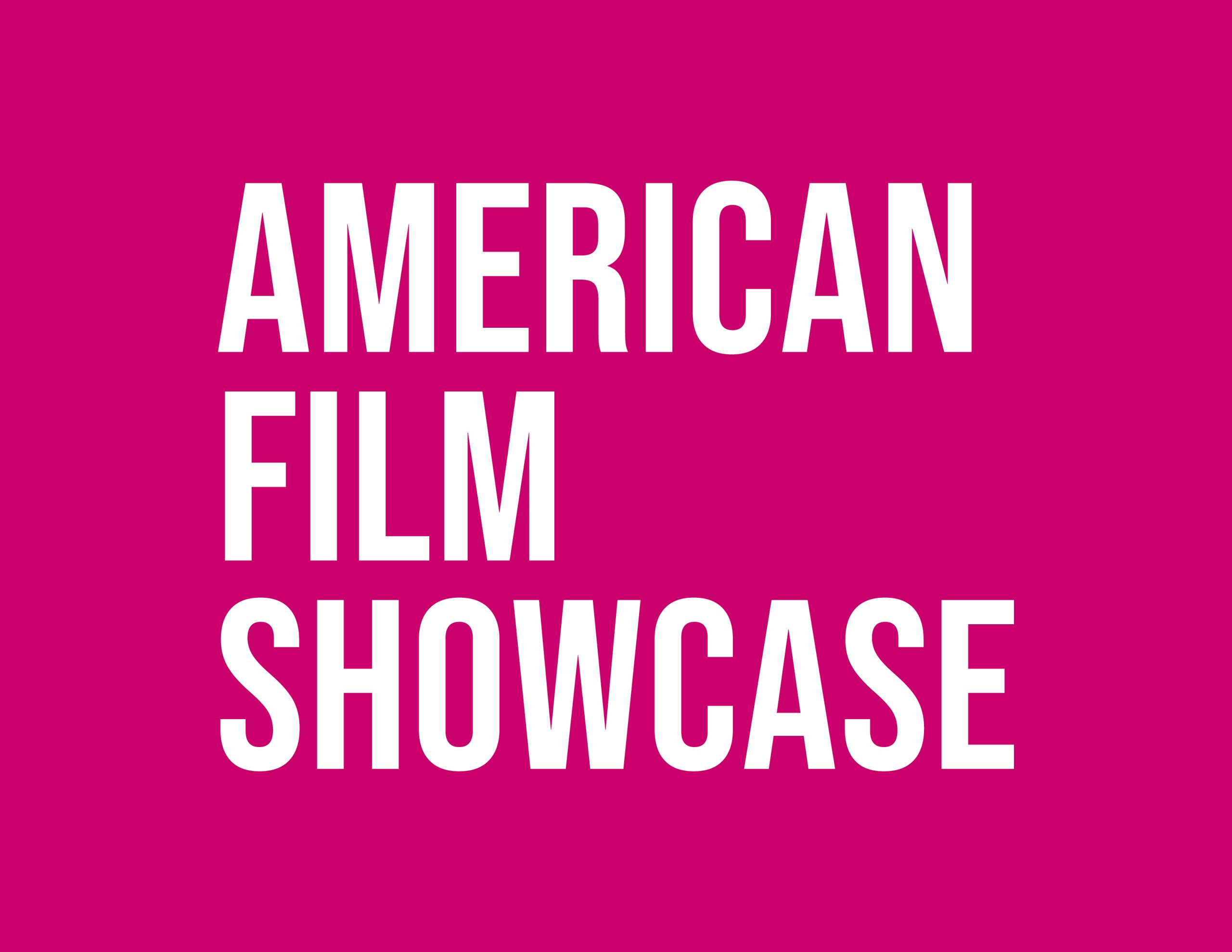Filmmaker: Paula Eiselt
Runtime: 90 min
93QUEEN is set in the Hasidic enclave of Borough Park, Brooklyn, where EMS corps have long been the province of men. Though the neighborhood is home to the largest volunteer ambulance corps in the world known as Hatzolah, that organization has steadfastly banned women from its ranks. Now Ruchie and an engaging cast of dogged Hasidic women are risking their reputations—and, literally, the futures of their children—by taking matters into their own hands to provide dignified emergency medical care to the Hasidic women and girls of Borough Park. With unprecedented and exclusive access, 93QUEEN follows the formation and launch of Ezras Nashim through the organization’s first year on the ground. The spine of the film observes the highs—and the lows—of creating an organization against incredible odds, as well as the women’s struggles to “have it all” as wives and mothers. In a society where most women don’t drive—and a few minutes can mean the difference between life and death—how do female EMTs transport themselves to the scene of an emergency? And how does Ezras Nashim combat a behemoth like Hatzolah, which possesses political clout not only in Borough Park, but throughout New York City? In the midst of this already ground-breaking endeavor, Ruchie announces that she had decided to take her burgeoning feminism even further: She entered the race for civil court judge in Brooklyn’s 5th Municipal Court District. Through it all, we see Ruchie & Co. grappling to balance their faith with their nascent feminism, even as they are confronted by the patriarchal attitudes that so dominate Hasidic society. As Ruchie observes, while making dinner at 3 a.m., “I sometimes wonder why God created me a woman. If I’d have been born a Hasidic man, I don’t think I would have half the problems I have.”
About the Filmmaker
Paula Eiselt is an independent filmmaker and graduate of NYU’s Tisch School of the Arts with a double major in Film Production and Cinema Studies. Her work has been supported by the Independent Television Service (ITVS); the Sundance Institute Documentary Film Program with support from Open Society Foundations and Just Films | Ford Foundation; the New York State Council on the Arts (NYSCA); Fork Films; the Gucci Tribeca Documentary Fund, with support from the Oath Foundation; the International Documentary Association Pare Lorentz Documentary Fund; Picture Motion; the Hartley Film Foundation; the Independent Filmmaker Project (IFP); and Women Make Movies (WMM).
